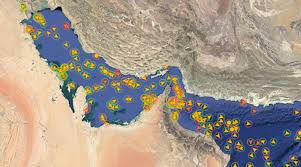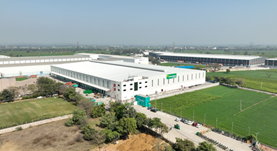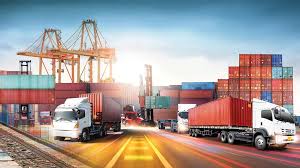Belli Gowda shares how freight forwarding has transformed with digitalisation, AI, sustainability efforts, and geopolitical challenges. He highlights the essential balance between technology and human expertise, emphasising efficiency, transparency, and eco-friendly solutions for a resilient future.

Freight forwarders must balance technology and human expertise for success
Belli Gowda, Director at B & H Logistics, and President, Bangalore Customs House Agent Association (BCHAAL),offers a comprehensive look into the evolving landscape of freight forwarding. Over the past decade, the role of freight forwarding has undergone significant changes, driven by digitalisation, automation, and customer-centric approaches. The emergence of e-commerce has dramatically impacted freight volumes, requiring forwarders to adapt to smaller, more frequent shipments instead of traditional large container loads. Moreover, the COVID-19 pandemic highlighted the necessity for stronger risk management and flexibility, urging forwarders to devise robust contingency strategies to address unforeseen disruptions like port closures and shipping delays.
Sustainable practices
With sustainability becoming a pressing concern across industries, Yeshwanth Gowda, Managing Director, B & H Logistics, believes freight forwarders can strike an effective balance between operational efficiency and environmental responsibility. By adopting greener transportation modes, such as electric or hybrid trucks for short-haul deliveries, forwarders can significantly reduce fuel costs and emissions. Advanced route optimisation software can facilitate the planning of fuel-efficient routes, minimising empty miles and reducing overall consumption. Collaborating with other companies for shared transportation resources also allows for fewer vehicles on the road, ultimately cutting emissions. Additionally, freight forwarders can provide clients with insights on the carbon footprint of various shipping options, encouraging more eco-friendly decisions.
Geopolitical influence
Yeshwanth emphasises the profound influence of geopolitical factors, such as trade tariffs and regional conflicts, on the global freight forwarding landscape. Disruptions in international relations can significantly impact operations, causing delays and necessitating rerouting. Conflicts in key regions can lead to higher shipping costs due to increased insurance premiums and necessitate careful navigation of unstable areas. Forwarders must remain agile, diversifying their offerings and leveraging technology to navigate this volatile landscape while staying compliant with evolving regulations.
Data necessity
Real-time data has become an indispensable tool for logistics professionals in managing today’s complex supply chains. This data enables faster and more accurate decision-making, enhancing operational efficiency and customer satisfaction. By providing complete visibility over the supply chain, logistics teams can anticipate and address potential issues before they escalate, thus maintaining a competitive edge.
Human element
Yeshwanth highlights the importance of balancing technological advancements with the expertise of human professionals in freight forwarding. While digital platforms enhance efficiency by automating routine tasks, human professionals are essential for strategic thinking, relationship management, and crisis resolution. Achieving the right balance means leveraging technology for operational efficiency while retaining the human touch to address complex, non-standard situations. This hybrid approach will ensure that freight forwarders continue delivering high-quality, value-added services in an increasingly digital world.











